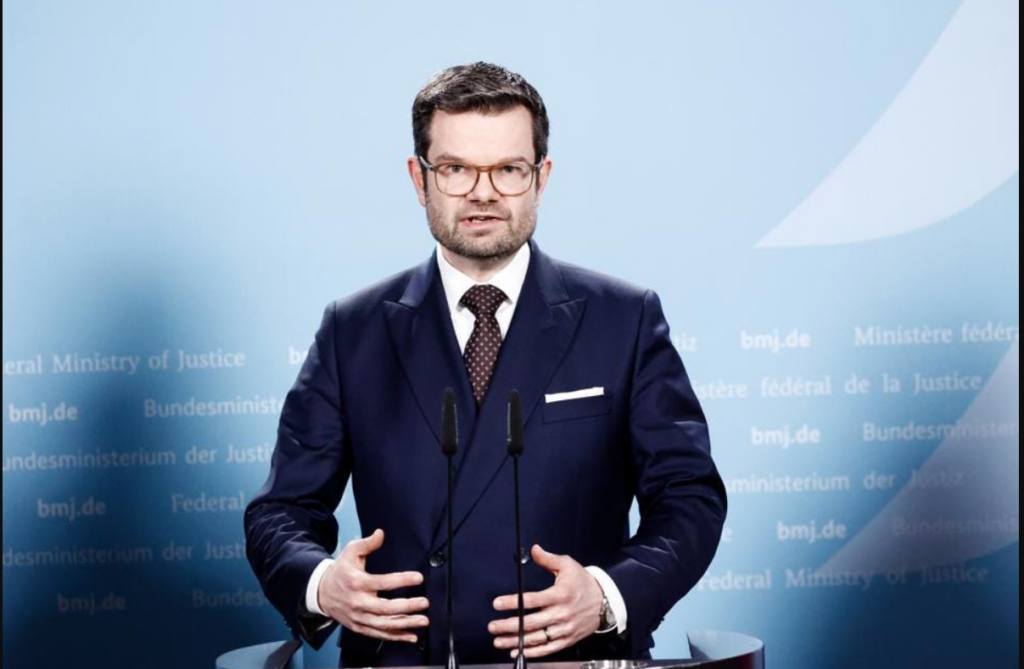
The German Federal Office of Justice (BfJ) has initiated legal action against Twitter, alleging that the company neglected to adequately deal with illicit content.
The NetzDG requires social media companies with more than two million registered users in Germany to respond to user reports of prohibited content and remove it.
This must be accomplished within 24 hours if the content is “clearly unlawful,” and within one week if the content is less obviously illegal.

Hate speech, personal threats, defamation, and antisemitism are examples of illegal content.
“The Twitter provider is subject to the terms of the NetzDG. The BfJ has sufficient evidence that the provider has violated its legal obligation to handle complaints about illicit content and that this constitutes a systemic failure in the provider’s complaint management, which is subject to a fine “The BfJ asserts in a statement.
“Numerous Twitter posts that the BfJ deems unlawful were reported to the agency, but despite user complaints, the provider did not remove or restrict them within the legally required timeframes. The instituted sanction proceedings are based on this fact.”
The content at issue, according to the BfJ, was uploaded over a four-month period and pertained to a single individual with “similar, unjustified, defamatory opinions.” The individual’s identity has not been made public.
While no penalties have yet been issued under the act, the threat of action has previously been sufficient to motivate businesses to take action.
And while Elon Musk has repeatedly stated that Twitter will adhere to local laws, the platform’s content moderation has been notably unstable in recent months, with Musk reducing the number of employees responsible for content moderation and dealing with hate speech and harassment.
In Germany, digital rights advocacy group HateAid and the European Union of Jewish Students have already filed a lawsuit against Twitter over its content moderation practices (EUJS). They assert that the company neglected to remove six pieces of content that were reported as antisemitic and that trivialize or deny the Holocaust. They claim that Twitter’s refusal to remove all of the content violates its own antisemitism policies.
The EU is believed to have warned Twitter that it must employ more content moderation staff in order to comply with the impending Digital Services Act, which will go into effect the following year.
The BfJ states that Twitter has the opportunity to respond to its complaints and that its response will be considered. Nonetheless, if it concludes that the allegations are true, it will ask the Bonn District Court to initiate proceedings. Infractions of the regulations can result in fines of up to €50 million.
